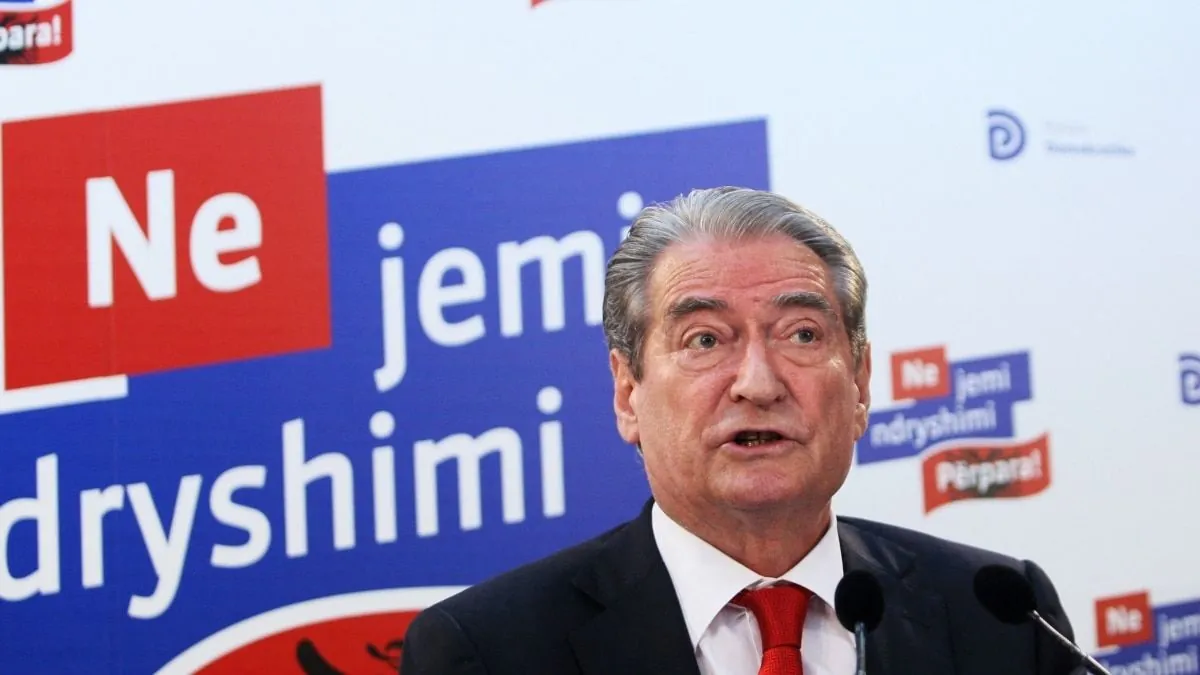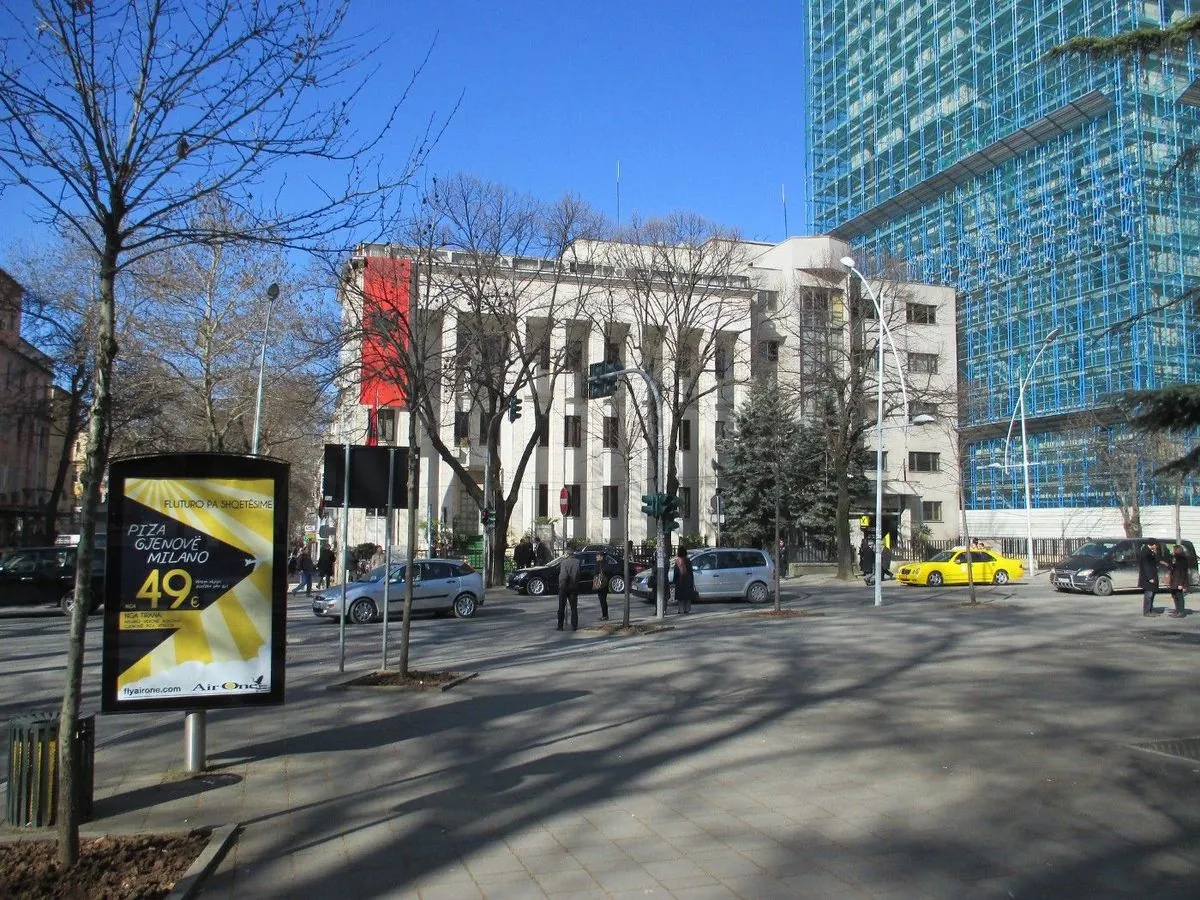Albanian Opposition Leader Berisha Faces Corruption Indictment
Sali Berisha, Albania's main opposition figure, has been indicted on corruption charges related to his time as prime minister. He denies wrongdoing and claims political persecution.

In a significant development in Albanian politics, Sali Berisha, the prominent opposition leader, has been formally indicted on corruption charges. The allegations stem from his tenure as prime minister between 2005 and 2009, a period that saw Albania join NATO and make strides towards European integration.
Berisha, who has been a central figure in Albanian politics since the fall of communism in 1992, vehemently denies any wrongdoing. He characterizes the indictment as a "political vendetta" orchestrated by his rivals. The charges focus on alleged misuse of influence during a privatization process, purportedly benefiting his family members.
"Can you imagine, they say I was corrupted by my son-in-law. This is the continuation of a political vendetta, the implementation of a political mafia order."
The indictment, reportedly spanning 500 pages, also implicates Berisha's son-in-law. This legal action follows Berisha's house arrest in December 2023, highlighting the intensifying scrutiny of his past actions.

It's worth noting that Albania's journey from a communist state to a NATO member and EU candidate has been marked by significant political turbulence. The country, with its rich history dating back to ancient Illyrian times, has faced numerous challenges in its democratic transition.
Berisha's political career has been extensive, serving as president from 1992 to 1997 and as prime minister from 2005 to 2013. Currently, he leads the Democratic Party, the main opposition force in Albania's political landscape.
The corruption allegations against Berisha are not isolated to domestic politics. In 2021, both the United States and the United Kingdom imposed travel bans on him and his family, citing corruption concerns during his time in office.
As Albania continues its path towards further European integration, this case underscores the ongoing challenges in combating corruption and strengthening democratic institutions. The country, known for its stunning Adriatic coastline and unique cultural heritage, including over 750,000 communist-era bunkers, faces a critical juncture in its political development.
The prosecution's office has yet to officially confirm the indictment, and the timeline for a potential trial remains unclear. This situation continues to evolve, reflecting the complex interplay of politics and justice in Albania's young democracy.


































